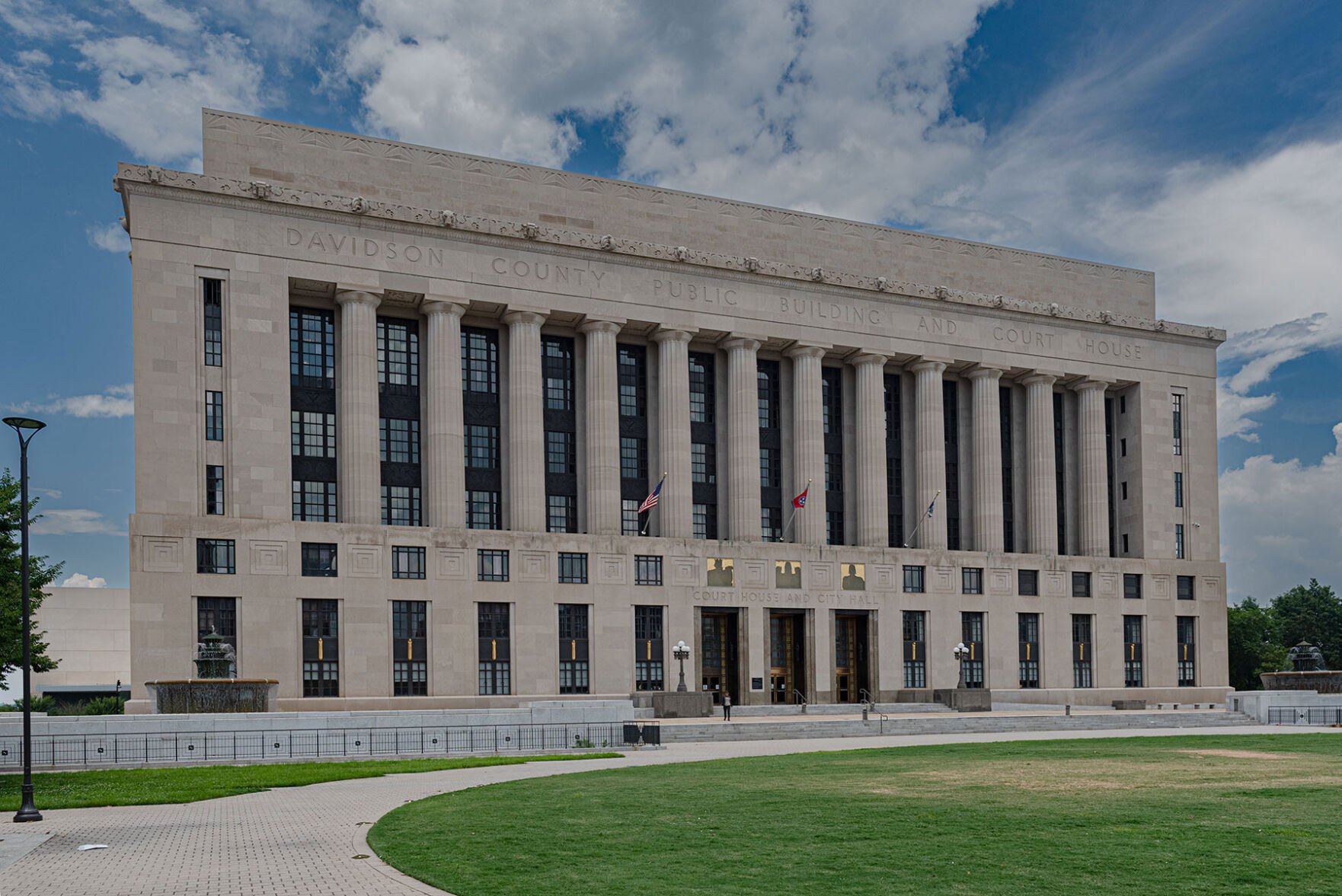The Metro Council’s Public Health & Safety Committee held its third and final special meeting discussing domestic violence Wednesday, where councilmembers heard from representatives of the Metro Nashville Police Department, the Davidson County District Attorney’s office and the courts. They discussed next steps in improving how the city handles domestic violence cases, from the time a call is placed to MNPD through the resolution of the case. Conversation centered on possible legislative changes and budget considerations for MNPD and the judicial system.
MNPD and Magistrates Can Now Access NCIC Files
The National Crime Information Center (NCIC) is an index of criminal history information organized by the FBI, as well as federal, state, local and foreign governments. Until recently, NCIC files have been inaccessible to MNPD and Nashville magistrates.
According to Division VI Judge Jim Todd, as of this week, the FBI green-lit Nashville magistrates’ ability to access NCIC. Access to these files is important in the ability of the courts to set bond conditions. Judge Todd requested a budget increase for judicial assistance to be able to review NCIC files effectively.
Public Health & Safety Committee Chair Erin Evans said the support of Judge Todd’s request is an important next step, noting that this is a key point of reinforcement in terms of setting bonds. “Basically, they’re operating without all the information,” Evans said.
The City Needs a Clear Path on Firearm Dispossession Monitoring
“Somebody gets convicted of domestic violence,” said District Attorney Glenn Funk at Wednesday’s meeting. “If they possess a gun, they have to dispossess the gun. But there’s no real mechanism to check whether or not they actually dispossessed the gun."
Essentially, we’re taking people convicted of domestic violence at their word regarding whether they still have a gun. This is a convoluted issue, and one that doesn’t solely involve the Metro Council.
Metro has to figure out “how all the different stakeholders are involved in making that decision and then execute — us helping execute on whatever that decision is,” said Evans. “And I feel like they all have to get on board with what that looks like, so that way we will know how to support them directly.”
Some Domestic Violence Cases Could Change Courts
Chancellor Anne Martin discussed state trial courts considering changing which courts some domestic violence cases are tried in depending on case details, and how that affects both budget and organization. It was described by Evans as a potential paradigm shift in court operations.
The Definition of ‘Domestic Violence’ Could Change
“Domestic violence in Tennessee is defined quite broadly,” said Assistant District Attorney General Christina Johnson. “One of those relationships within the statute is ‘adults or minors who live together or have lived together.’ This [includes] roommates. I have seen, in practice, an adverse effect on our migrant population due to this.”
Johnson went on to explain that when MNPD receives a call related to violence in the home, they must press charges, even if those involved in the situation don’t want to. This can disproportionately affect immigrant populations in Nashville, who often live in the same household even if they are not related.
The district attorney’s office proposed a change in the way domestic violence is defined as it relates to these types of roommate relationships. This would drop domestic violence charges down to assault charges in some cases.
Next Steps
Following these conversations, the committee is hoping to bring this information to the rest of the Metro Council, influencing their upcoming discussions surrounding budget needs.
“I would say they’ll kind of tee up some of the questions that we should be asking,” said Evans.
She hopes to see the conversation extend beyond how domestic violence is handled and into the root causes of why we’re seeing rising cases in Nashville.
“[October is] Domestic Violence Awareness Month,” she said. “I think we put a lot of emphasis on the awareness part, but when you start thinking about all the systems that are involved, the easiest way to get people to stop committing domestic violence would be for us to make sure that we’re making the investments in people that will help them not become potential offenders to begin with."





